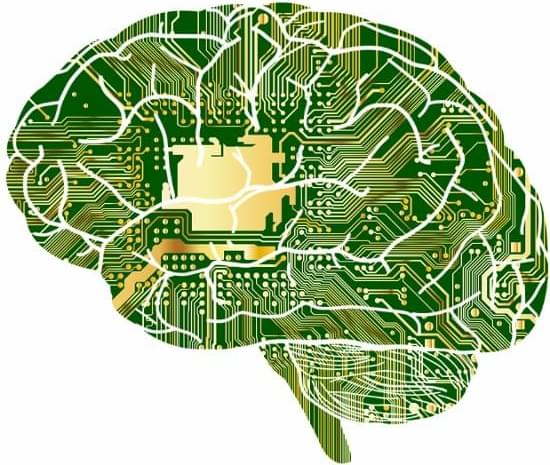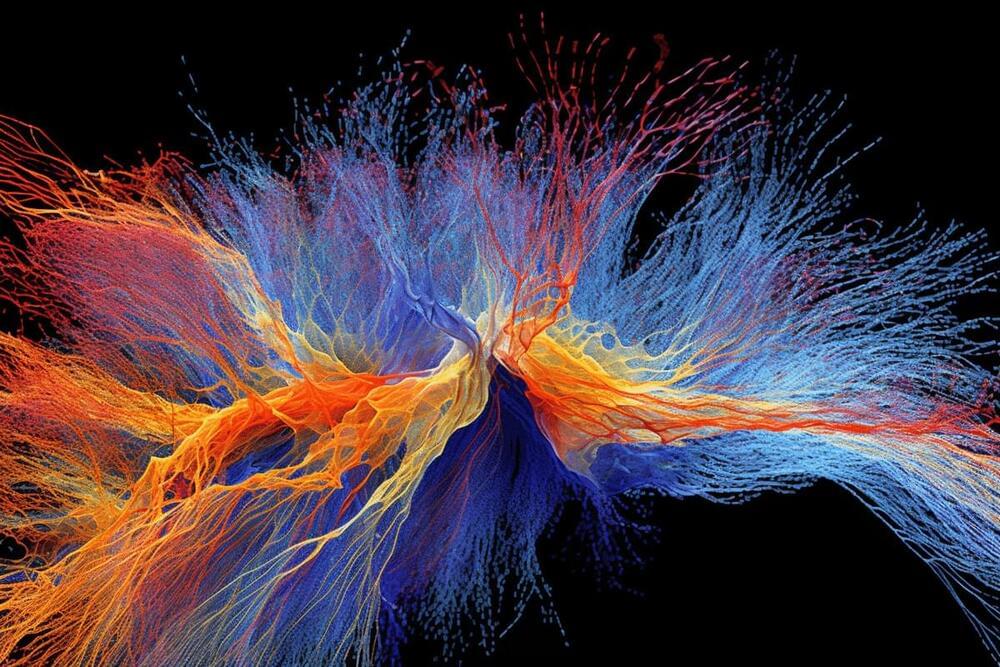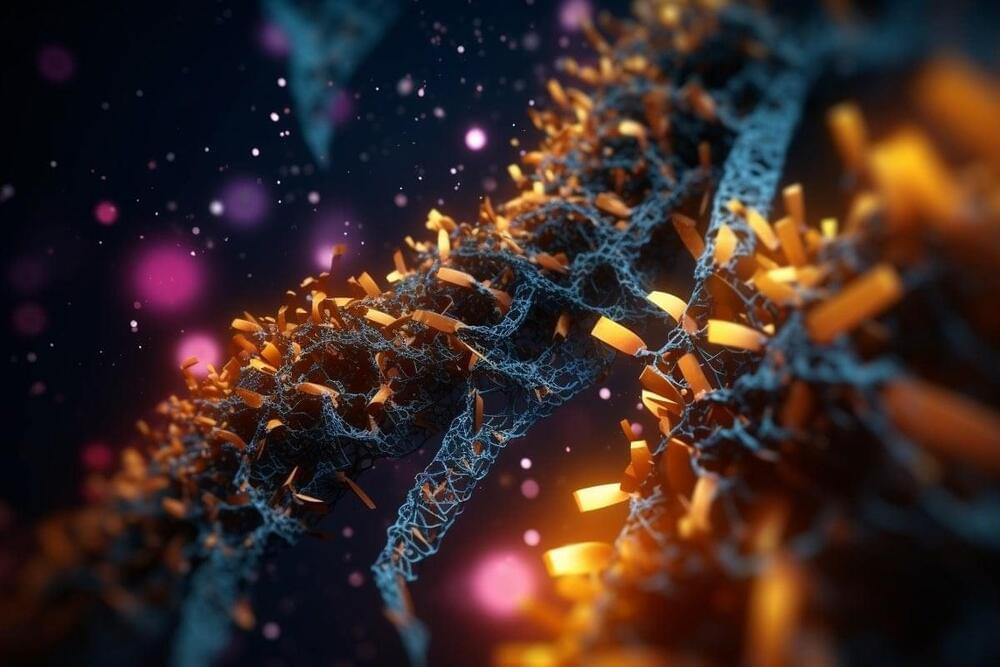
ChatGPT has changed the world since it emerged a few short months ago. Where will future advancements in generative AI take us?
Welcome back Katie Brenneman, a regular contributor to 21st Century Tech Blog. Several weeks ago when ChatGPT entered the headlines I suggested to Katie that she consider writing about Large Language Modelling (LLM) and the technological and societal implications in terms of its capabilities. Were we witnessing the birth of consciousness in this new artificial intelligence (AI) discipline, or were we coming to terms with what defines our sentience?
By definition, sentience is about feelings and sensations and not thinking. Consciousness, on the other hand, is about our awareness of self and our place in the world around us. And thinking is about the ability to reason, consider a problem, come up with an idea or solution, or have an opinion.
So from what we know about ChatGPT in its various iterations, does it meet the definition of any of these terms? Is it sentient? Is it conscious? Is it thinking?









